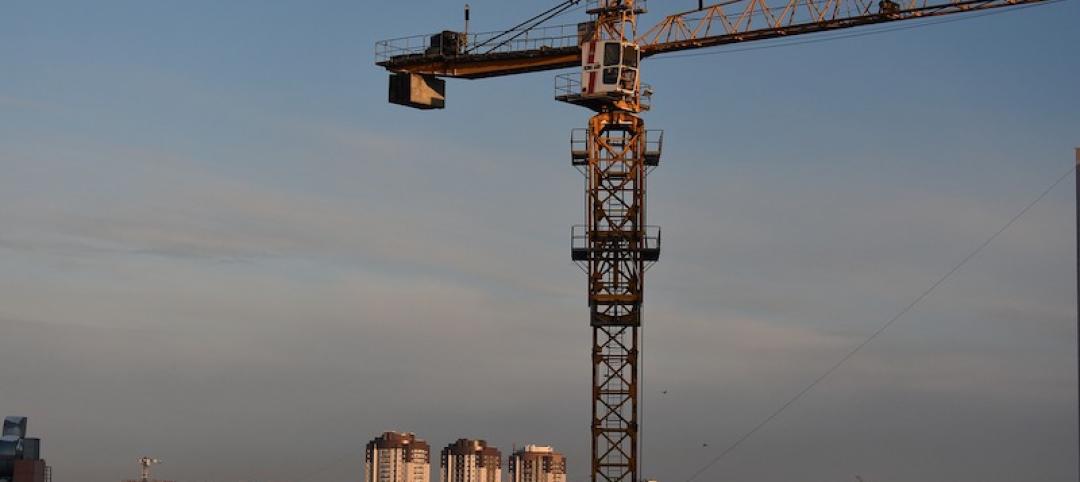At least 30 major U.S. cities have adopted stricter building energy codes since 2017, according to the 2019 City Clean Energy Scorecard released by the American Council for an Energy-Efficient Economy (ACEEE).
Since 2017, nine cities adopted more energy efficient building energy codes: Las Vegas, Mesa, New York, Philadelphia, Phoenix, Reno, San Antonio, St. Louis, and Tucson. Five cities successfully advocated for their states to adopt more stringent standards: Columbus, Cincinnati, Cleveland, Pittsburgh, and Seattle.
Another eight cities adopted efficiency requirements for existing buildings: Chicago, Denver, Minneapolis, New York, Reno, Salt Lake City, San José, and Washington, D.C. These changes will help address climate change, as residential and commercial buildings account for about 36% of total energy-related carbon dioxide emissions each year, ACEEE says.
Six states—Connecticut, Florida, Kentucky, Ohio, Pennsylvania, and Virginia—adopted updated codes that strengthened codes in 15 Scorecard cities. Three cities in the Northeast—Boston, New York, and Worcester, Mass., have all adopted stretch codes that go beyond baseline state codes.
Related Stories
Building Technology | Jan 7, 2020
Tariff whiplash for bifacial solar modules
Bifacial solar systems offer many advantages over traditional systems.
Codes and Standards | Jan 7, 2020
New certification program for rigid core luxury vinyl tile
ASSURE CERTIFIED to establish industry-wide quality standards.
Codes and Standards | Jan 7, 2020
Boston’s beefed up wetlands ordinance will limit development
Conservation commission must consider future climate impacts when assessing new projects.
Codes and Standards | Jan 6, 2020
States pick up the slack in efficiency policy as federal government lags
With climate change deniers setting policy in Trump Administration, progress continues in statehouses.
Codes and Standards | Jan 6, 2020
OSHA plans multiple revisions to rules impacting construction industry in 2020
Cranes and derricks, welding in confined spaces, beryllium exposure, and more on docket.
Codes and Standards | Jan 3, 2020
Labor supply and capability of workers worry contractors
Three out of four firms plan to add workers in 2020.
Codes and Standards | Jan 3, 2020
Car-free streets could become common in major cities
New York and San Francisco establish thoroughfares dedicated to transit, pedestrians.
Codes and Standards | Jan 2, 2020
CRE professionals have increased interest in embodied carbon accounting, smart buildings
Survey also shows that interest in resiliency lags behind.
Codes and Standards | Jan 2, 2020
White paper focuses on Metal Composite Material labeling
Document part of effort to uphold industry standards for the product.
Codes and Standards | Dec 18, 2019
Hard Rock Hotel collapse in New Orleans puts spotlight on undocumented workers
Having helped rebuild the city after Hurricane Katrina, many under threat of deportation.

















